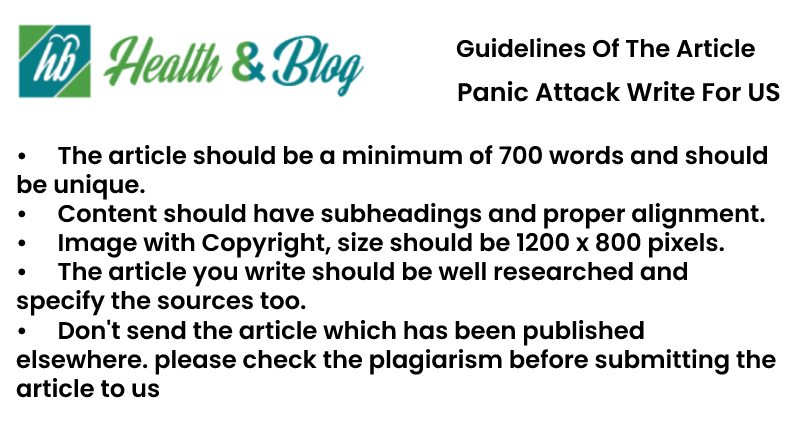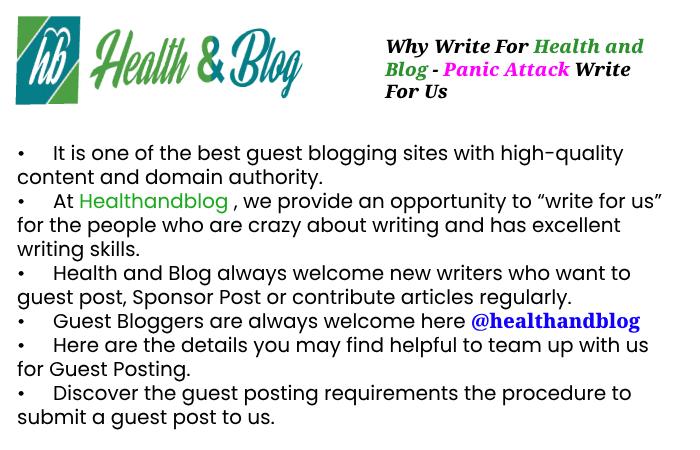 When there is no immediate danger or obvious cause, a panic attack is a rapid bout of great fear that results in major physical symptoms. Panic attacks can be extremely terrifying. You might believe you get out of control, experience a heart attack, or even going to pass away when panic attacks occur.
When there is no immediate danger or obvious cause, a panic attack is a rapid bout of great fear that results in major physical symptoms. Panic attacks can be extremely terrifying. You might believe you get out of control, experience a heart attack, or even going to pass away when panic attacks occur.
Many people have one or two panic attacks throughout their lives, and the problem disappears after a stressful event. However, you may have panic disorder if you’ve had recurring, unexpected panic attacks and spent long periods terrified of another attack.
Although panic attacks are not life-threatening, they can be scary and substantially impact your quality of life. However, treatment can be highly effective.
Causes:
Extremely stressful conditions, such as financial difficulties, disputes, family separations or deaths, terrible childhood experiences, or the aftermath of robberies and kidnappings, can give rise to panic disorder. Parents with anxiety problems are more likely to have children who will acquire PD.
Symptoms
Typically, panic attacks start quickly and without warning. They can happen anytime, whether you’re driving, at the mall, fast asleep, or in the middle of a business meeting. You could experience panic episodes infrequently or regularly.
Although there are different types of panic attacks, symptoms often peak within minutes. After a panic attack passes, you could feel exhausted and worn out.
- Shortness of breath or tightness in your throat
- Chills
- Hot flashes
- Nausea
- Sense of impending doom or danger
- Fear of loss of control or death
- Rapid, pounding heart rate
- Sweating
- Trembling or shaking
- Abdominal cramping
- Chest pain
- Headache
- Dizziness, lightheadedness, or faintness
- Numbness or tingling sensation
Treatment:
The duration of treatment will depend on the severity of the disorder, which can range from months to years. Treatment consists of antidepressant and anxiolytic medications and psychotherapy and must be administered by a psychiatrist. Through self-awareness, psychotherapy seeks to help the patient regain the self-confidence needed to handle crises.
How to Submit Your Articles?
To Write for Us, you can email at contact@Healthandblog.com
Guidelines of the Article Panic Attack Write For Us
 Search Terms Related To Panic Attack Write For Us
Search Terms Related To Panic Attack Write For Us
- Fear
- disorder
- stress
- physical reactions
- exercise
- illness
- Panic Disorder
- Anxiety Disorder
- Phobias
- Post-Traumatic Stress Disorder
- Chest pain
- Meditation
- Exercise
- Deep breathing

 You can send your article to
You can send your article to